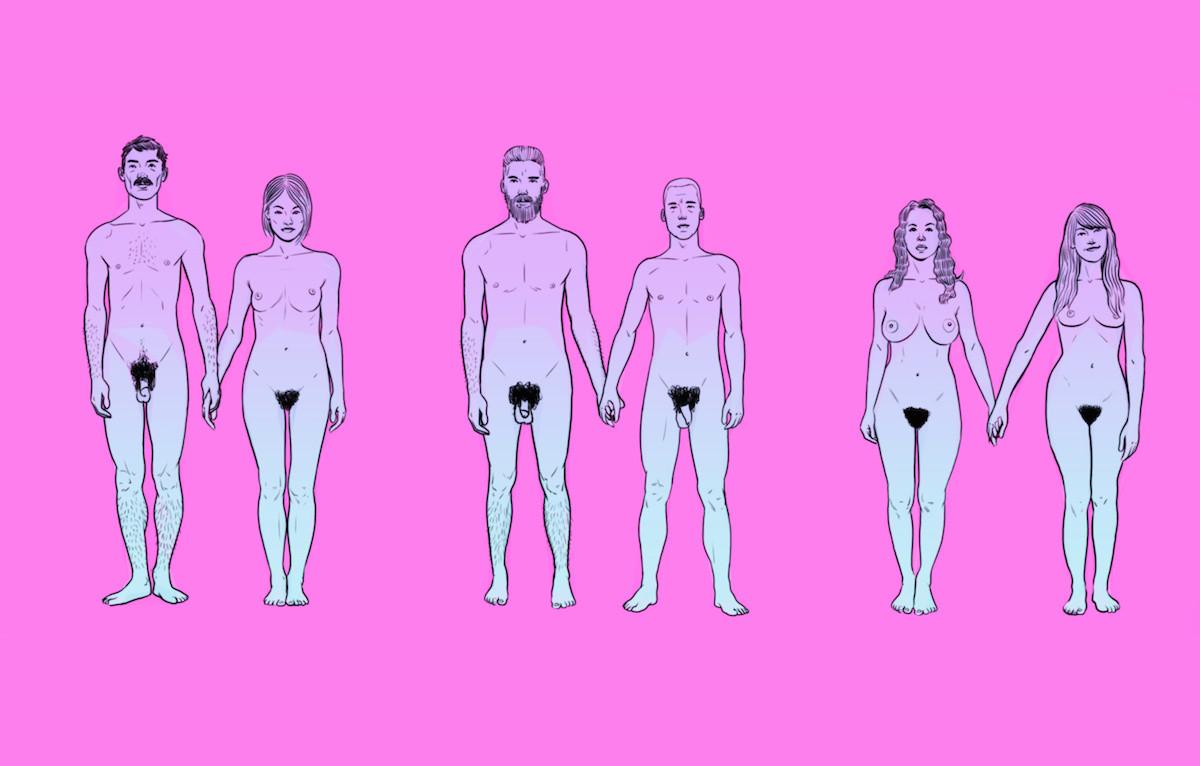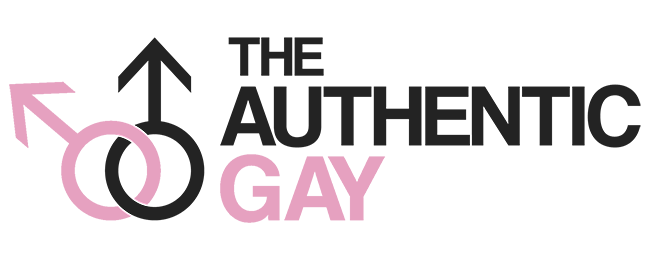A Lack of Gay Education Increases Age-Driven Tension

After I came out of the closet during my first year of college, I became involved in LGBTQ groups to give back to the community, and to learn more about the history and heritage that brought us the freedom many of us enjoy today. I helped organize the LGBTQ Heritage Month at my college, served as the president of the Gay-Straight Alliance at my school, and volunteered at an LGBTQ youth center in Northern California as an events coordinator. I continue to give back and learn more about my community as I currently volunteer in an HIV-AIDS awareness and prevention advocacy nonprofit.
I consider myself to be relatively well-informed on gay news and topics, and I try to both learn, and in turn educate others when such opportunities arise. However, only a few weeks ago I was discussing the issue of the increasing prices of gay pride festivals around the country with one of my friends, and I discovered that I was entirely ignorant to the history of Gay Pride. He was making the argument that the increasing prices these parades and festivals are charging makes them inaccessible to many LGBTQ youth, some of whom are independent from their families as a result of their identity as LGBTQ.
Although I agreed with him (I think increased accessibility not only benefits the LGBTQ community, but brings in allies and others who support us), it occurred to me that I was unaware of the origin of Gay Pride. Through independent research I learned that annual Gay Pride parades are held around the world in remembrance of the Stonewall Riots in NYC, a major event that sparked equal rights activism and awareness. I felt not only ignorant, but shocked to realize that I was only learning about the origin of Gay Pride now, after years of activism and involvement.
As gay men, no matter how informed we feel we are, there is always more to be learned within our community, and with regard to how our community exists in a larger global social atmosphere. Especially for younger LGBT individuals growing up in a society that is increasingly accepting and open, it is confusing (and often conflicting) to locate positive information to educate ourselves. Instead, due to the lack of formal education on LGBT matters, gay youth are largely unaware of the struggles and battles former generations fought for us, perpetuating a cycle of animosity and ageism that goes both ways.
There is needless tension between generations
The running stereotype of the bitter old queens who congregate in the corner of the bar, complaining about the younger guys who completely ignore them, manifests itself almost every night I go out. It’s needless to say that this division extends beyond nightlife – we complain about each other at the gym, we don’t agree on gay icons and music taste, and people on both sides feel like they aren’t being heard.
Of course ageism is a huge cause of this. Nightclubs and gay bars cater to a younger crowd, clothing trends and styles follow a 29-inch waistline, and Grindr profiles contain messages stating “not into older” or “be around my age.” Conversely, much of the younger LGBT crowd feels that they are not being heard in a larger global dialogue, or not taken seriously by older gays who claim that “they have it too easy.”
There is a general lack of LGBT education
When I was in middle school I would sneak YouTube snippets of Queer as Folk episodes on my father’s laptop. Fictional characters like Brian Kinney were my gay role models growing up. I attributed behavior like self-indulgence, narcissism, and fat-shaming to the gay lifestyle from a very early age, thinking that these were normal ways of interacting with other gay people.
Although I took it upon myself to learn more about the gay community, as a result learning how to listen and treat others with respect, I recognize that not all young LGBTQ people have access to the type of education and support I encountered once I entered college. Positive education with regard to LGBTQ heritage and modern life, both formal and informal, is entirely missing for my generation and those younger.
If anything, popular shows like Rupaul’s Drag Race teach us to “read” each other, encouraging snarky remarks that cut each other down. Yes, this show (and those related) also contain positive messages that encourage self-confidence and unique creativity, however there is not a large enough variety of these mediums to be effective in conveying these positive messages, and they end up getting lost in the sarcasm and humor as a result.
Most online gay resources like Queerty and The Advocate function as gay news sources that tell us what’s wrong with the world, and how our rights are constantly being violated. Of course it is critical that the public is made aware when these offenses are directed at our community, but where are the positive educational resources? If they do not exist in our K-12 educational experience, where else can they be found?
A lack of education leads to ignorance, and ignorance leads to blind hatred
The truth of the matter is that most of us younger gays are ignorant to the struggles and battles the older generations fought for us in seeking equal rights. Most of this ignorance is unintentional – even I was ignorant to the history of Gay Pride parades. However, whether this ignorance is malicious or entirely unintentional, it can have dangerous effects.
Whether it’s age, gender, skin color, or language that divides us, a lack of understanding other people can be frustrating. We learn to cope with people we don’t understand by shutting them out and ignoring them, further exacerbating unnecessary hatred. The worst part is that our channels of “gay” information or dialogue usually exist in the form of negative news stories, one gay-oriented atrocity after another, and we never learn the information about each other that can help us to find common ground.
We need more positive messages and role models
As the global atmosphere becomes increasingly accepting toward the LGBTQ community, we will need more channels that contain both informative and positive messages to help us learn about our heritage. These messages also need to create a foundation for us that will help us learn how to live a happy gay lifestyle.
Such that abstinence instead of safe sex is still being taught in middle schools and high schools around the United States, it’s easy to assume that LGBTQ education will be left out for a long time as well. From a psychological standpoint, we need positive role models to show us how to lead happy lives, how to be safe, and how to treat those who are older than us with the respect they deserve. We need more gay characters in mainstream media and TV shows. We need more openly gay politicians, CEOs, and entrepreneurs to show us that you can be gay and successful. The mediums of communication with which these messages are conveyed must be entertaining, and must have the ability to capture the interest of younger LGBTQ people. Finally, our news sources need to focus on a diversity of news stories that do not constantly paint a grim, dark picture of constant persecution.
